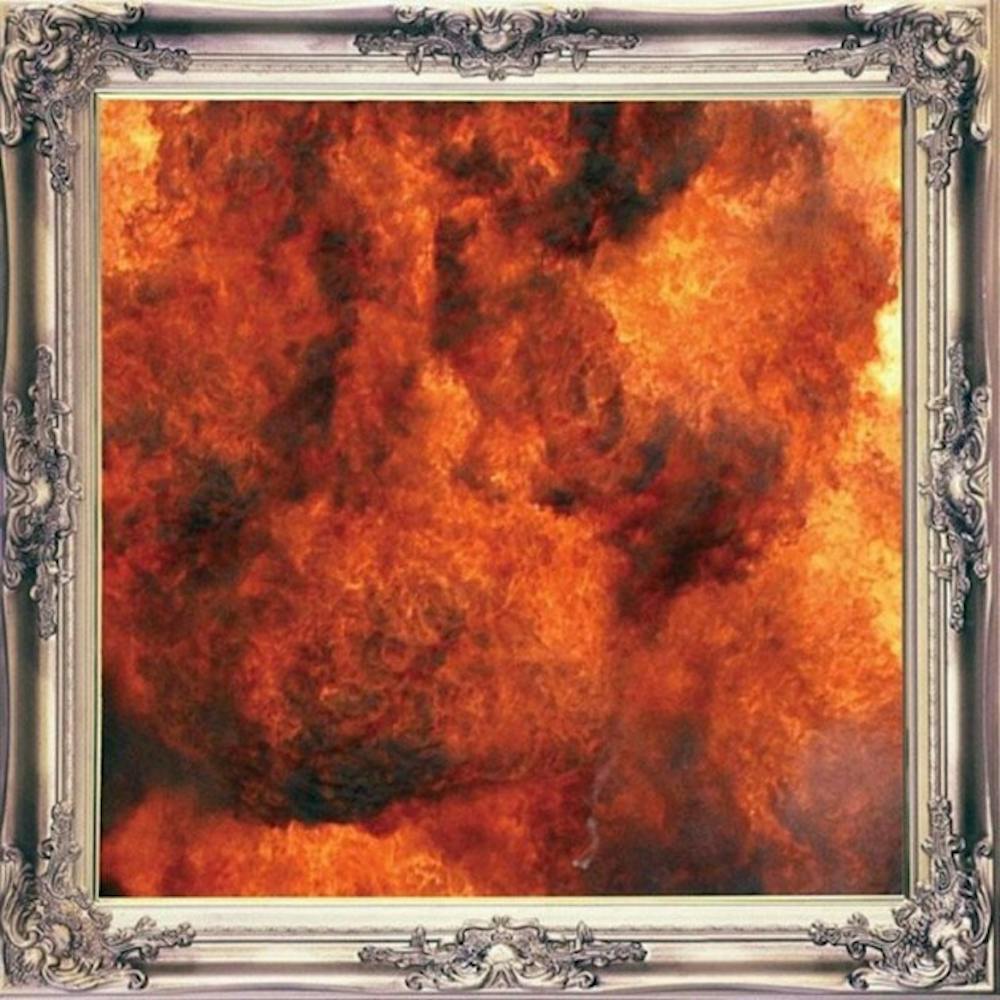Artist: Kid Cudi
Album: Indicud
Label: Wicked Awesome
Release Date: April 16
Grade: B+
Kid Cudi occupies an interesting place in popular music - while some consider his lyrics shallow and without merit, everyone listens to him. He's made fun of by other artists, like Childish Gambino in his song, "Backpackers," but he's all over pop radio and MTV.
On April 16, Cudi released his third studio album, Indicud, to very positive critical acclaim. The album features a diverse range of music styles, varying from minimal electro hip- hop to post-R&B auto-tuned radio hits. The results coalesce into a rather strange, but fresh and overall welcomed album.
For Cudi fans, Indicud is an easy pill to swallow, though it leaves a slightly odd aftertaste. The album is different, pushing the borders of Cudi's sound to include a more diverse range, and the composition and production is spot on. Cudi produced the album along with Dennis Cummings and Hit-Boy, and the result is shockingly distinct and fresh.
Even for those who dislike Cudi, or perhaps listen to his music, the album is worth a listen.
Cudi has become about as big as his ego in the popular music sphere. Only a person who possesses his raw narcissism could start a pop hip-hop album with three minutes of industrial electro-grunge followed by a song titled "Unf**kwittable," which is four minutes of Cudi shouting into the mic as a kazoo-like instrument fills the background.
But that's Cudi's effect. His music seems unintelligible and totally offensive to anyone musically inclined, but "Unf**kwittable" is a successful song because of its vanity. Cudi rightfully rewards listeners who sit through the near-seven minutes of tracks one and two with "Just What I Am," the first single on the album.
Sure, the track is auto-tuned to an immeasurable extent and the lyrics are not very intellectually stimulating, but the song is infectious with a hook consisting of "I need smoke/I need to smoke/I wanna get high y'all."
If Cudi's about one thing, it's definitely about smoking weed and his songs continue that blunt-toting soundtrack tradition that belongs in the stereo of a parked, hot-boxed '92 Toyota.
The album continues in a similar style with "Young Lady" and onto track five, "King Wizard," which begins with Cudi shouting out to his fans and family. The track has a minimalist kick-snare beat and synth overtone, and if you can get over the sheer idiocy of the lyrics ("What if life's a lie?/I push the lames aside"), the song is dripping with style.
"Immortal," opens up with a sample of Adam Sandler shouting, "I am the smartest man alive!" from a scene in the film Billy Madison. It totally seems appropriate for the feel of the album. Cudi's slow, reflexive flow really shows through on this track with a big beat that sounds like it was recorded in an airplane hangar.
Cudi brought some familiar artists to the album, along with some odd artists. Kendrick Lamar raps on "Solo Dolo Part II," while Too $hort is featured on "Girls."
Old school hip-hop fans will be happy to see RZA show up on track 12, "Beez" - a tribute to the legendary "Killer Beez" of the Wu-Tang Clan. RZA has one of the coolest styles in the industry and his production is what legends are made of. If Beowulf had a hip-hop soundtrack, RZA would produce it.
Other tracks like "Brothers," "Burn Baby Burn" and "Lord of the Sad and Lonely" all share a similar sound: bass-heavy, big beat electro hip-hop.
Indicud doesn't really have a weakest link. It's a pop album for MTV, and it's a kickass hip-hop album for rap fans. Listeners looking for a new, fresh addition to their hip-hop playlist will be satisfied, and those not yet inundated in Cudi's weed-smoking electro-beat style will be contented as well.
Email: arts@ubspectrum.com





